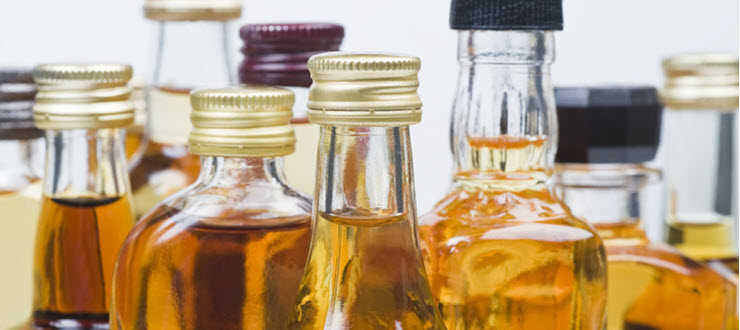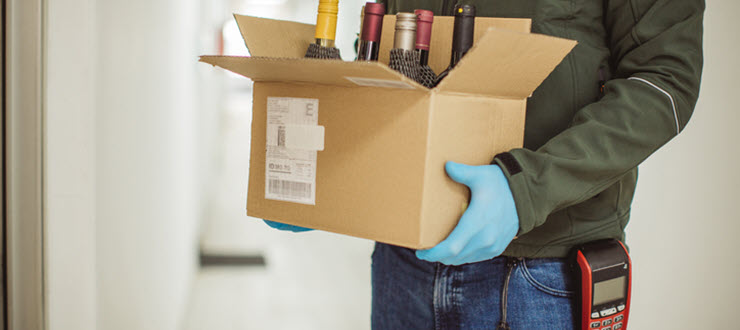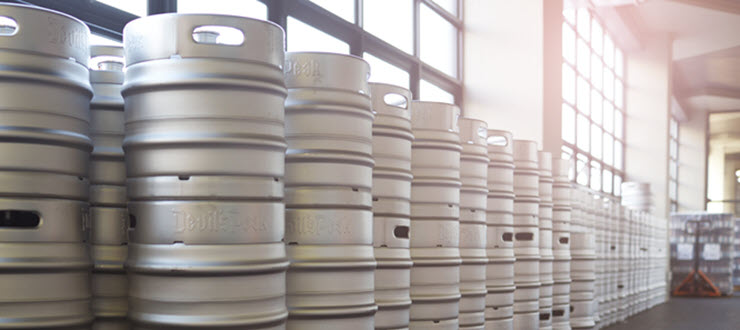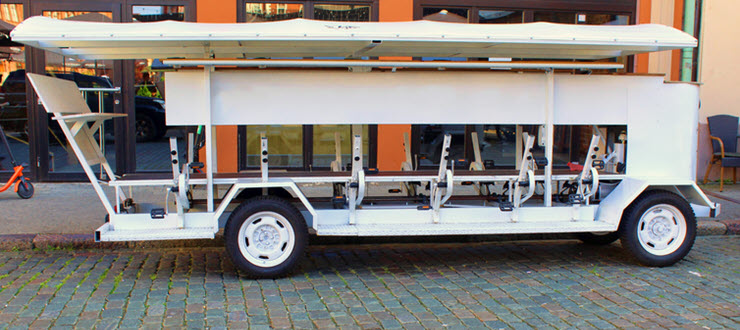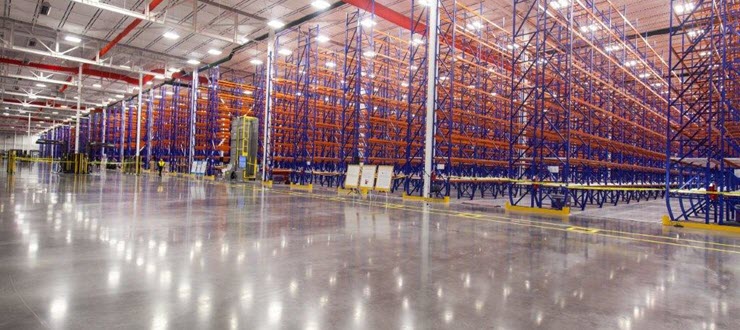
Modernization choices Albertans can trust
For nearly 25 years, AGLC has been recognized as a regulatory leader in Alberta’s gaming, liquor and now cannabis industries. AGLC continues to seek stakeholder feedback and implement improvements to ensure policies are meeting industry’s needs.
AGLC’s continued dedication to reviewing and updating policies demonstrates our deep commitment to a modern regulatory environment that supports consumer choice, innovation and economic growth. See below for a list of AGLC’s modernization achievements over recent years.
Modernization timeline
Select which years’ timeline you would like to view.
- 2025
- 2024
- 2023
- 2022
- 2021
- 2020
- 2019
- 2018
2025
2024
2023
2022
2021
2020
Amendments made to the Gaming, Liquor and Cannabis Act and Gaming, Liquor and Cannabis Regulation
2019
Connect Logistics Services announced as the operator for Alberta’s liquor warehousing and distribution network
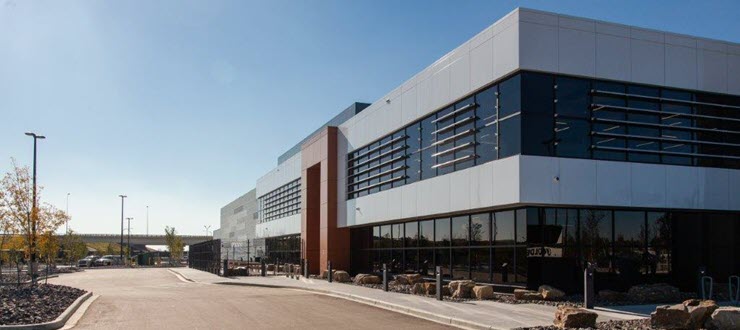
2018






